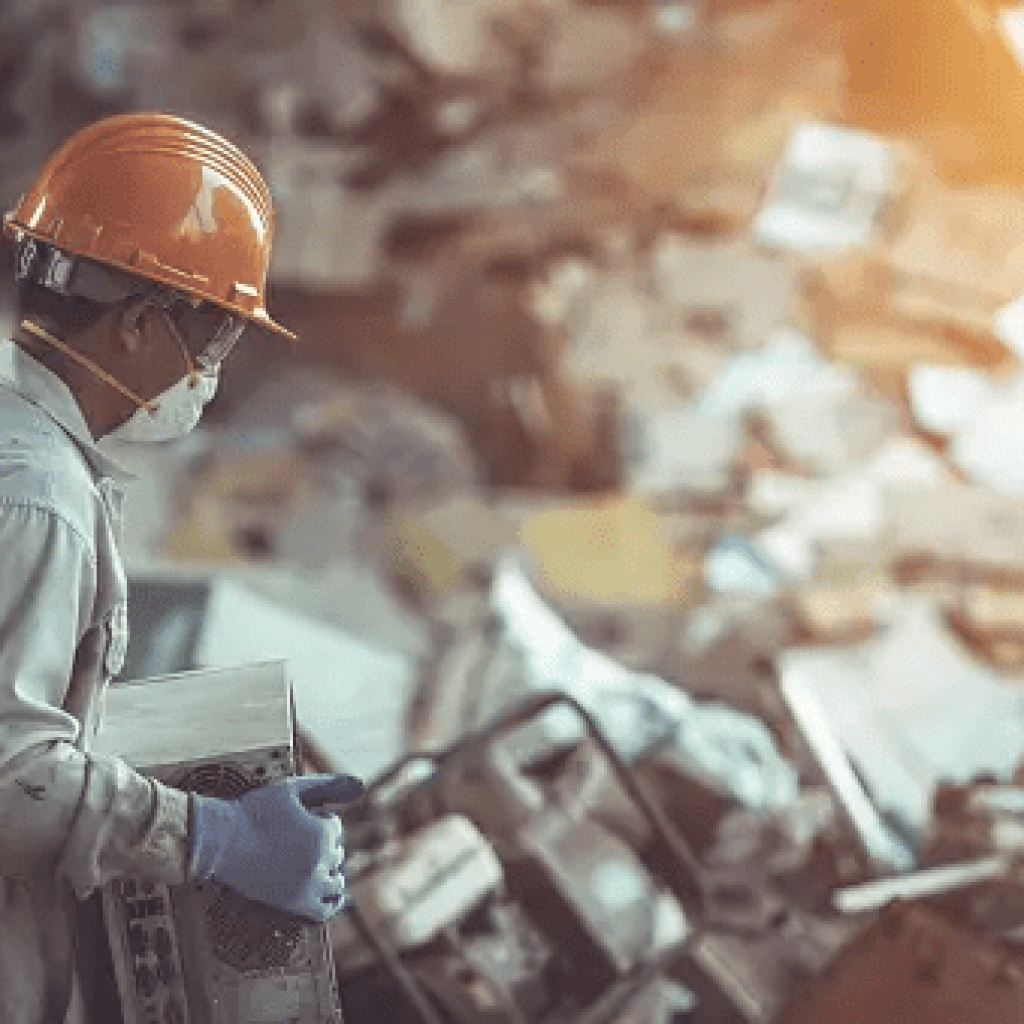While discussions about quantum computing have mainly focused on finance or cybersecurity, among the lesser-explored areas is its potential effect on metal recycling. Metals like cobalt are used to create today’s devices, such as phones and laptops. However because they are rare and have a history of being mined with inhumane treatment, many companies are looking into recycling them from other sources. Quantum computing may be able to give an advantage in the recycling process, from enhanced analysis to better optimization of resources and energy.
As resources such as oil or natural gas are invested into mining metals like cobalt and nickel, the entire metal mining industry has become rather pollutive, as toxic metal runoff from the plants contaminates nearby streams and rivers. Utilizing metal recycling programs could not only help to reduce the inhumane treatment of metal miners (some just teenagers), but also help make waterways safe to use again.
Quantum Computing and Metal Molecules
At its core, quantum computing leverages principles of quantum mechanics to solve complex problems exponentially faster than classical computers. One immediate application in metal recycling is enhanced material analysis. Quantum algorithms can potentially analyze the composition of metals at a much finer granularity. This can assist in segregating metals more effectively and detecting contaminants, ensuring a higher purity of recycled material.
Already many companies, such as Polarisqb or Riverlane are developing methods to harness quantum algorithms for molecular modeling. While these companies are focused more on drug design, their technology is versatile enough that, in the future, it could be applied to this other, very important need.
Optimizing Metal Recycling Energy and Tools
Metal recycling processes, especially smelting, are energy-intensive. Quantum computing could play a role in improving the energy efficiency of these processes, potentially reducing the carbon footprint of recycling plants. Currently, various studies are looking at optimizing the energy sector by leveraging the power of quantum algorithms.
Additionally, modern recycling plants rely on machinery that undergoes wear and tear. Predictive maintenance, powered by quantum computing, could foresee potential equipment failures and suggest timely interventions. This can lead to extended equipment lifespans and reduced downtimes, which would save the plants significant time and money in the long run.
While the direct impact of quantum computing on metal recycling is still in its nascent stage, the potential applications are evident. It’s important to approach this with measured optimism. As quantum technology advances and becomes more accessible, its implications for industries like metal recycling will become clearer, paving the way for more sustainable and efficient practices.
Kenna Hughes-Castleberry is a staff writer at Inside Quantum Technology and the Science Communicator at JILA (a partnership between the University of Colorado Boulder and NIST). Her writing beats include deep tech, quantum computing, and AI. Her work has been featured in Scientific American, New Scientist, Discover Magazine, Ars Technica, and more.
